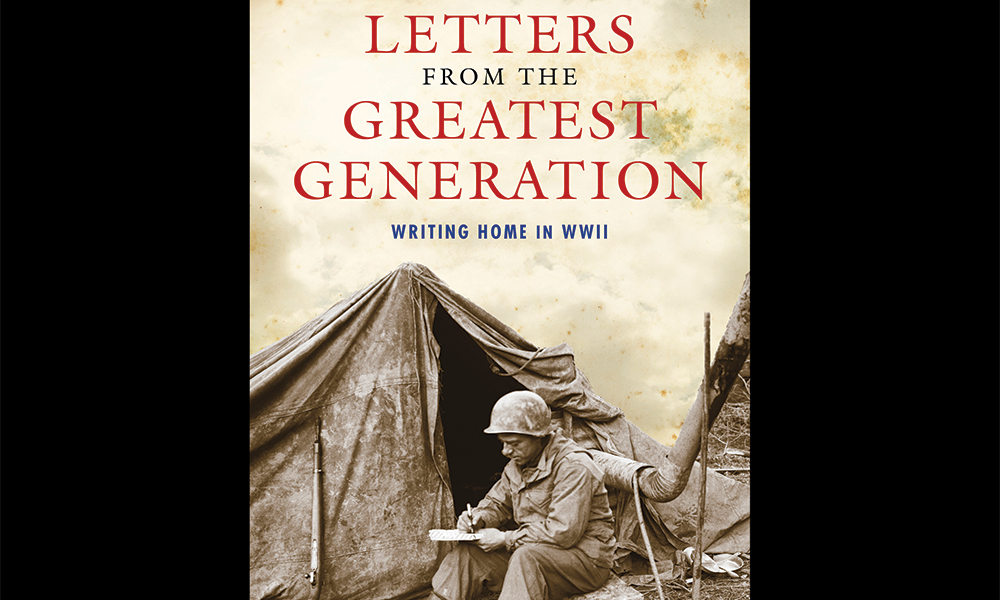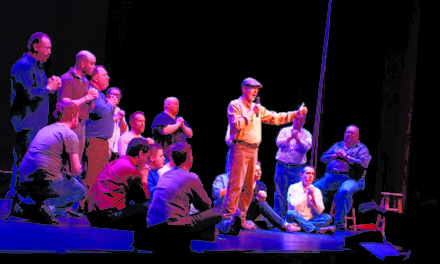
BY JULIE GRAY
While they may only be letters home from ordinary soldiers, the missives gathered in Letters from the Greatest Generation: Writing Home in WWII are historical documents at their finest. First published as Letters from Fighting Hoosiers in 1949, the collection was compiled after the Indiana War History Commission placed newspaper announcements soliciting letters from soldiers. Of the 3,500 it received, the commission selected 131 for publication.
The letters have been heavily edited, first by the soldiers themselves, who had to be circumspect about military details to get by the censors, then by the publication’s editors, who admitted to exercising a “free hand in editing.” It shows. Although the letters sometimes contain racist and jingoistic remarks, there are no obscenities, and the grammar and orthography are flawless.
Nevertheless, beneath the sanitized surface, the characters and concerns of the writers shine through. A soldier from a Clay City farm closely observes the agrarian methods of Italian peasants. In China, an Air Force radio operator from Rockport manages to find an organ to play. The instrument belonged to French Catholic missionaries, and afterward he drinks the first brandy of his life with the priests. He assures his parents that this first brandy will also be his last: “Gosh, it was strong!”
While the soldiers complain about rations, lines, and tedium, they are uplifted by their conviction that the war is not only just, but essential. This sentiment is startlingly unfamiliar in light of later wars that have struck so many as not only wantonly cruel but criminally unjust.
The letters throb with the dangerous thrill of battle. “THIS IS IT!” writes a soldier from Florence who landed on Normandy’s Omaha Beach. “The BIG DAY.” Another soldier describes the unbearable anxiety of parachuting out of an aircraft that has been struck over China. “I waited about two weeks for the chute to open,” he says. “Then I relaxed and began to enjoy the ride.”
But the letters are also sober. A soldier from Lafayette writes to his father describing a German concentration camp: “I’m not exaggerating this horrible thing no matter how hard I might try.” His letter concludes, “Dad, it is for you to decide whether you want Mother and Dorothy to read this, but tell the boys at the shop what it is all about.”
All the writers are modest about their literary powers. “Remember, I’m no Ernie Pyle,” a soldier from Rensselaer demurs. “I’m just plain Dean.” “Plain Dean,” who saw action at Iwo Jima and Okinawa and won two letters of commendation, is wrong. Letters like his bear unforgettable witness, in a way that even the most accomplished journalists and historians cannot.







